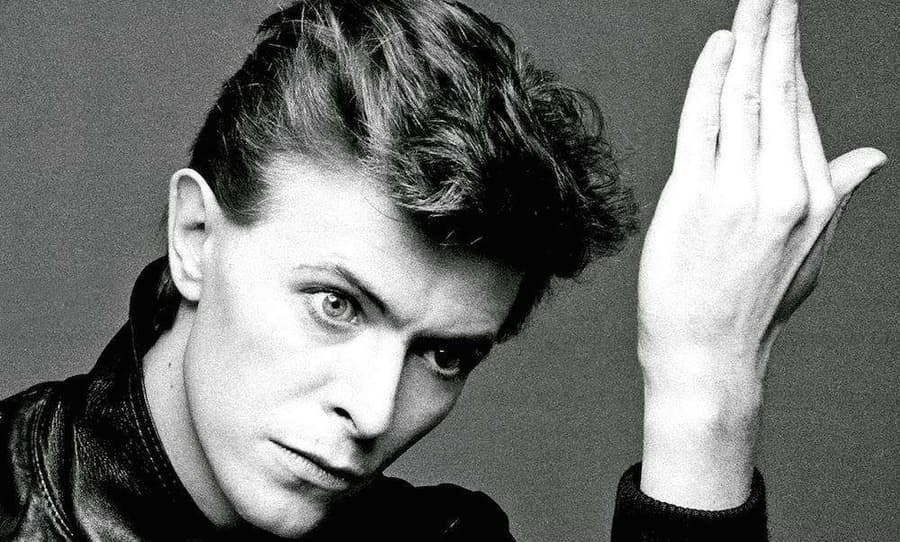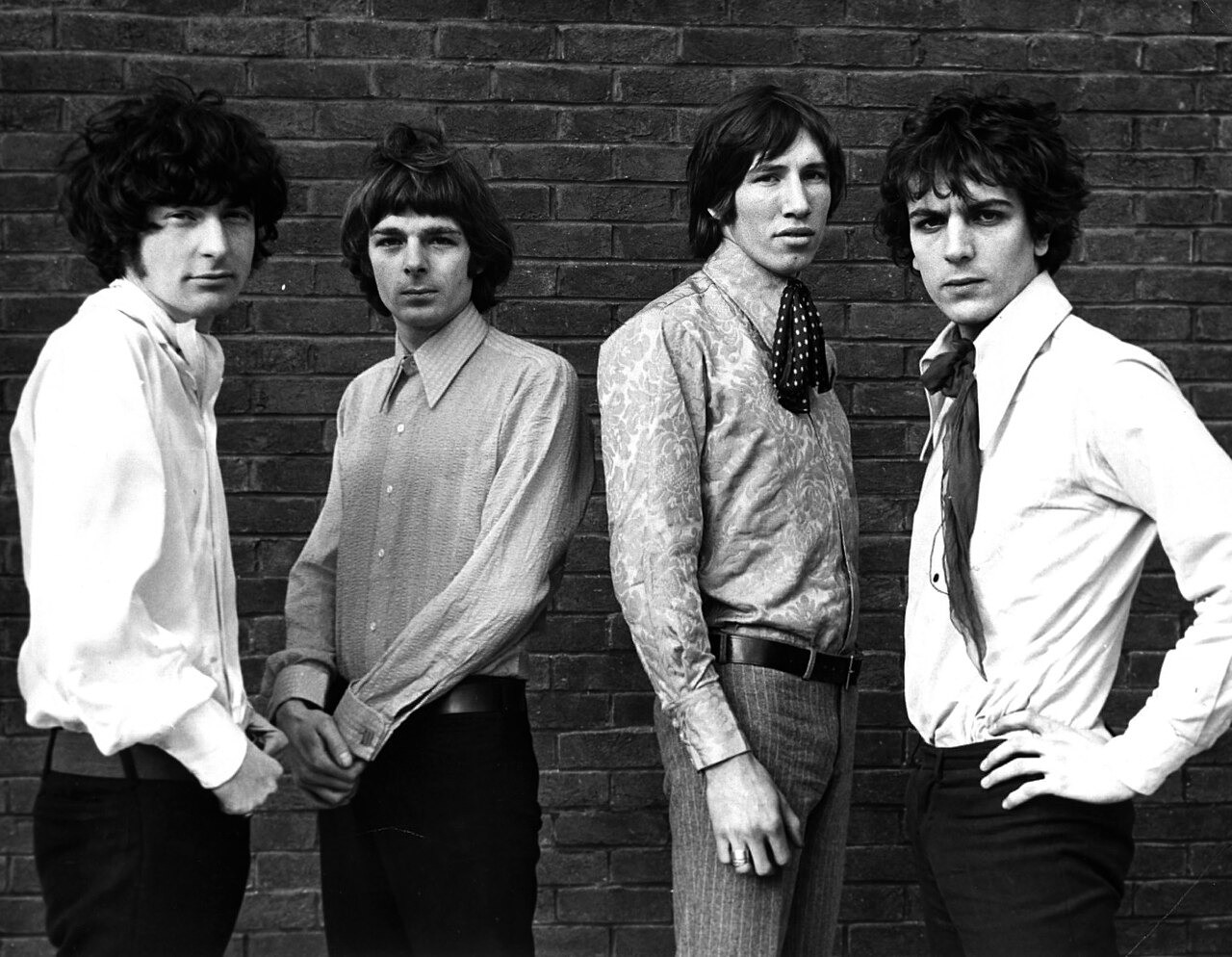Most artists fade slowly, releasing weaker albums to diminishing applause. Bowie orchestrated his departure like a theater director staging one last, perfect scene.
Channel 4’s upcoming documentary The Final Act exposes the calculated brilliance behind Bowie’s final decade—a period when private cancer battles fueled public creative resurrection. Director Jonathan Stiasny frames these years not as decline but as deliberate transformation, revealing how Bowie transformed personal adversity into transcendent art with the strategic precision of a chess grandmaster.
The timing feels perfect for reassessing artistic endings.
While today’s streaming culture demands constant content drops, Bowie spent his final years crafting Blackstar as the ultimate artistic statement. Producer Tony Visconti called it Bowie’s “parting gift”—a description that hits differently when you understand the album’s jazz-infused experimentalism was created while he privately fought an 18-month battle with liver cancer.
The Final Act promises rare interviews with close collaborators who witnessed this creative surge firsthand. The documentary comes from Rogan Productions, the team behind acclaimed films about Freddie Mercury and ABBA. This production pedigree suggests they’ve captured something more valuable than typical tribute material: insight into how authentic artistry operates under ultimate pressure.
Bowie’s approach reads like a masterclass in artistic integrity. Where lesser artists might rush to capitalize on remaining time, he spent years perfecting experimental sounds that challenged longtime fans. The Blackstar videos, loaded with mortality symbolism, now reveal themselves as carefully planted clues rather than coincidental imagery.
This documentary arrives as Bowie’s cultural footprint continues expanding through the David Bowie Centre at London’s V&A East Storehouse and an upcoming BBC film about his Berlin period. Yet The Final Act tackles the most crucial chapter: how an aging artist transformed personal adversity into transcendent creative work.
For anyone who’s wondered why Blackstar sounds simultaneously mournful and triumphant, this documentary might provide the missing context. Bowie didn’t just leave us great music—he demonstrated how to exit with artistic dignity intact, proving that endings can be beginnings when approached with enough vision and courage.


























